Editorials
– Jahan Sanaat reviews the overall Iranian-American relations over the past six decades.
– Ebtikar newspaper criticizes the decreasing number of newspaper readers.
Iranian News Roundup
– Moscow and Tehran to enhance military cooperation.
– Iranian Politicians to Face Trial on September 4.
– Iran to follow up the request of $5 billion from Oman.
– Iranian-German relations boost after the nuclear deal.
![]()
Ebtikar Newspaper: What to expect from media, at the time of death of audience
An editorial in Ebtikar Newspaper today deals with the decrease in some media audience– especially newspapers– and the reluctance of people in buying and reading them. The editorial mentions that the Media Fair — held in Tehran these days — aims at establishing a direct contact with media audience, where the two sides can exchange their views to measure and understand the reaction of the media audience. The editorial sees the crisis in Iranian press as reflected in diminishing size of newspapers’ circulation—as the Iranian press currently is losing its audience compared with the time of Mohammad Khatami’s presidency. The circulation of all Iranian newspapers mounts to 800 thousand copies; while in the year 2000, this was the circulation number per each one newspaper. Even just a few years ago, the circulation of some newspapers exceeded half million copies per day — and like it or not, this is an undeniable fact. The online press has taken the place of the print media – be it electronic versions of printed newspapers, or websites that are only available on the Internet. In fact, what is happening in Iran about public journalism is a global phenomenon observable in all countries. Nevertheless, it seems that the situation in Iran is harsher due to the partisan nature of the press and strict control of the state on what is published– because of which the audience have lost their trust in media. Moreover, people prefer to stay away from the media so as not to be influenced by the ideas expressed in them, which are considered as governments’ tools to control people’s minds. Exactly as about television: people turn to satellite TVs just to avoid government control over the flow of information, and cultural patterns that Iranian regime wants to spread among the Iranian people.
Jahan Sanaat Newspaper: 64 years of Democrats and Republicans with Iran
Today’s Jahan Sanaat editorial reviews the history of US-Iranian relations by making a comparison between how Democrats and Republicans have dealt with Iran so far. Over nearly four decades, the power has shifted in the United States between three Democrats and three Republicans. The Iranian revolution occurred during the presidency of Democrat Jimmy Carter, who abandoned Shah of Iran—in spite of the strong friendship that existed between Shah and the former President Nixon and Henry Kissinger, the former National Security Adviser. After the Iranian revolution, Khomeini, and the clerics created obstacles for Mahdi Bazrgan– the head of the interim government at the time— on the path to US- Iranian rapprochement. Along with the attack on the US embassy and the detention of American hostages and diplomats, all expectations of improvement in US-Iranian relations came to an end. After Jimmy Carter had come Republican Reagan, during whose presidency, American hostages were released. Only after several months that Iran-Iraq war had broken out, Reagan took his office. However, with Iran’s progress on war fronts, two years after the outbreak of the war, Reagan’s administration started to worry, and supported Saddam militarily while tightening US controls on arms export to Iran. In Reagan’s second presidential term, Iran-Contra scandal occurred in which US arms were sold to Iran through the mediation of Israel in exchange for freeing US hostages who were detained by Lebanese Hezbollah. The political objective of the White House at the time was to approach moderate political players in Tehran and keep Tehran away from Moscow. But even after arms export to Iran, hostages were not released. Therefore, relations soured. And then US warship Vincennes shot down an Iranian civilian plane with a missile, killing 290 passengers who drowned in Gulf waters. Republican Bush (the father) kept distance between Iran and America while trying to get closer to Saddam. But with Iraq’s invasion of Kuwait, he realized that US and Iran have an enemy in common, and started US-Iranian rapprochement. However, mutual distrust was deeper than the United States ability to establish a balance of power with Iran. With the advent of Democrat Bill Clinton, the legacy of hostility started which lasted more than 14 years. During his presidency, sanctions on Iran were toughened, and disagreement over nuclear issues started. Reconciliatory policies pursued by Iran in easing tensions with the United States were not successful. When Republican George W. Bush (the son) came to the office, direct US military intervention in the Middle East began, and the United States swept both Iraq and Afghanistan. Despite close cooperation between Iran and the US to fight Taliban, nuclear activities in Iran were detected, as a result of which this convergence ended. Hostility reached its peak with talks about the military attack on Iran. However, the real progress in the course of relations between the two countries took place in the era of Democrat Barack Obama. Nevertheless, it is expected that Trump will have a significantly adverse impact on the US-Iran relationship, especially with his avowed intentions to tear up the nuclear deal.
![]()
♦ Moscow and Tehran seek to restore technical military cooperation

Chairman of the federal organization for the Russian technical military cooperation, Alexander Fomin has declared the Moscow and Tehran are ready to restore bilateral cooperation in this field.
The Russian Sputnik News Agency reported, “Fomin said that both sides are interested in restoring cooperation between them. He added that many contracts were signed between Iran and Russia over the past years but have been suspended for many reasons. Nowadays, these contracts are being revived and will be implemented.”
Baish News Website
♦ Iranian Politicians to Face Trial on September 4
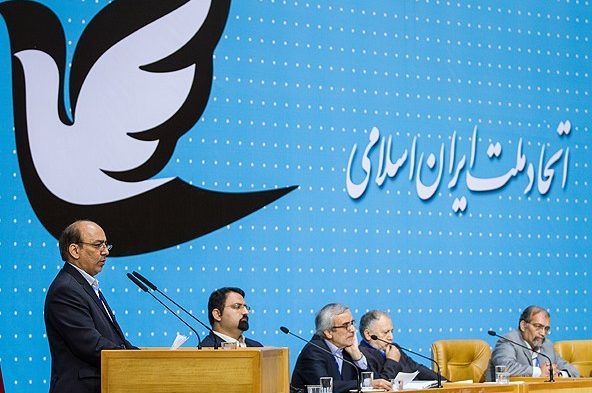
Secretary General of the Iranian Milt party, Ali Shakouri Rad said that the investigatory session for him and six of his companions will be held on December 4th before the revolutionary court branch 26. He added, “Mr Na’imi Bour and I do not have attorneys. We came to court without reading our indictments, but other friends do have ones that asked for some time to study the case on Monday’s session, which is a good chance for us to go through our case file and defend ourselves.”
Arman Amroz Newspaper
♦ Signing an MoU between Iran and Hong Kong
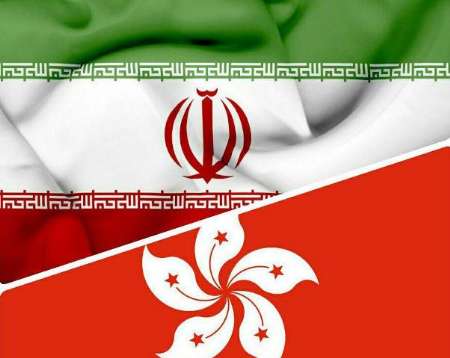
The Iranian Minister of Economy, Ali Taieb Nia has signed a Memorandum of Understanding with Hong Kong to enhance the economic and trade exchange between the two countries, noting that Hong Kong is one of the most important financial centers in East Asia and the world.
Abrar Eghtisadi Newspaper
♦ Why is Africa a fruitful market for Iran?
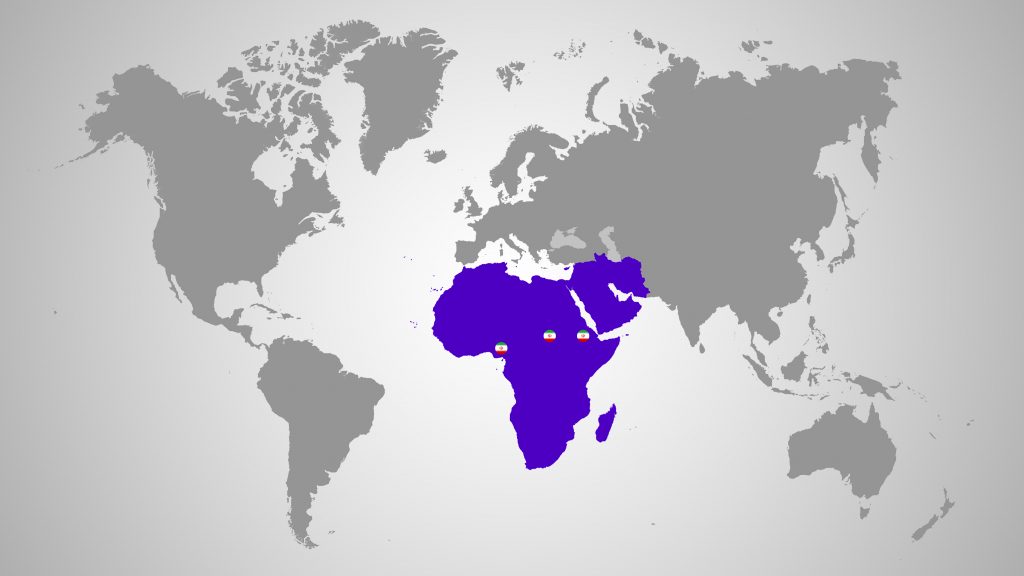
Tejarat newspaper stated that East Asian countries and Africa are fruitful markets for Iran due to their investment environments in the Islamic Economy Sector, especially in Islamic investments and Halal food.
In South Africa there are 13 million Muslims and 10 to 15% of them deal in Muslim capital.
In Kenya and Ethiopia there is big demand for Muslim products. Researches revealed that there is an annual need for $95 billion and the Islamic investment is a good choice to fill up this gap in the infrastructure of the black continent.
Tejarat Newspaper
♦ Trump’s victory will have no impact on the nuclear deal
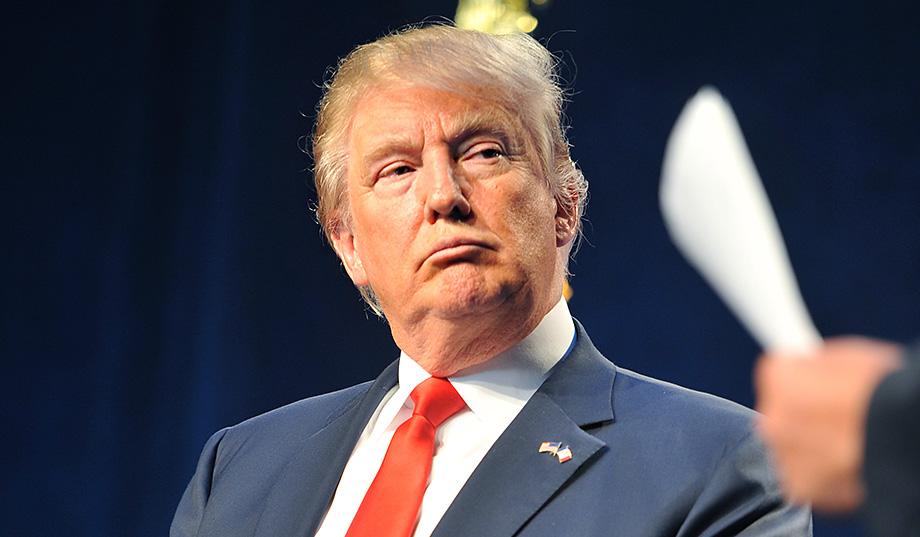
The Iranian economist, Saied Lilaz said that trump’s victory in the American presidential elections will influence neither the nuclear deal nor the purchase of new airplanes since Iran is dealing with American Capitalists, asserting that the Iranian-American relations in regard to the nuclear deal are complicated.
ILNA Agency
♦ Iran to follow up the request of $5 billion from Oman
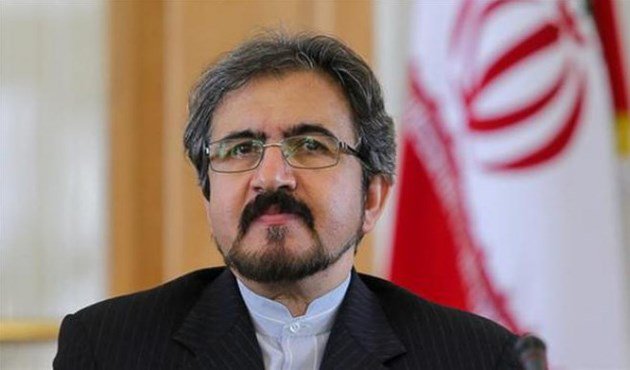
Spokesperson of the Iranian Ministry of foreign affairs, Bahram Ghasemi pointed out to the frozen $5 billion assets that have been released through the nuclear deal on monthly basis and transferred to Oman that has frozen them again. Ghasemi added that Iran has strong relations with Oman and we will solve all issues through negotiations and mutual-visits between the two countries.”
Ghasemi continued, “During sanctions we faced many economic problems, but we had set aside financial reserves in some other countries to buy our basic needs.”
Jam e-Jam Newspaper
♦ Aref; attacking Alamolhuda: the parliament is a think tank but not a center for sedition
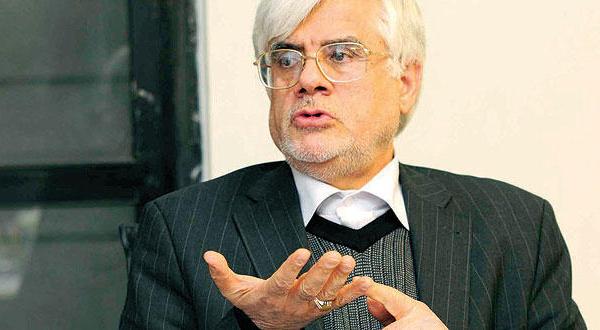
Head of Amid coalition in the Iranian parliament, Mohammed Riza Aref responded to the statements of Mashhad Jum’a Imam Ahmed Alamolhuda at which he considered the parliament as the center of sedition saying, “Of course any one can express his opinion, the status of the parliament has been determined by Khomeini and the current Leader Khamenei through the process of rights and powers, adding that the Guardian Council approves the qualification of candidates one by one, which means that nobody can say that the parliament is the center of sedition; it is a think tank and a center of ethics and handling the affairs of the state.”
The Iranian regime has given the term ‘sedition’ to the events that followed the presidential elections of 2009 when Ahmadinejad won another term in office in rigged elections.
Nameh News Website
♦ 102 complaints against 12 media outlets
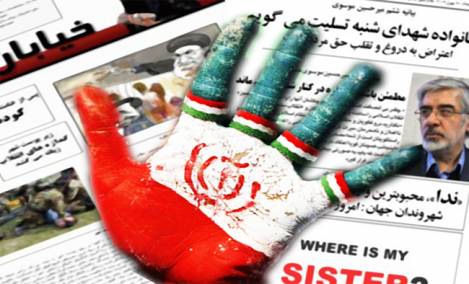
A study of the performance of Rouhani’s government concerning freedom of press in Iran disclosed that vice-president for legal affairs and some other governmental organizations have filed 102 complaints against 12 media outlets; consequently, Rouhani’s promises of freedom of press are far from what we see on the ground.
Majid Ansari, assistant head of the legal affairs said that some media outlets are imitating the media of “Mujahidi Khalq” at the beginning of the revolution, while others imitate the opposition media that seek to promote depression in the Iranian society.
Sadiq Larijani, chief of Judicial Branch responded to Rouhani’s speech on Monday at which he called for giving more freedoms to the media saying, “My dear brother, you have many times called for legal actions against certain media outlets, but when appear before journalists you start talking about the freedom of press.”
Nasim News Agency
♦ Bordistan: We have drawn a red line for Iran to eliminate the ISIS outside borders
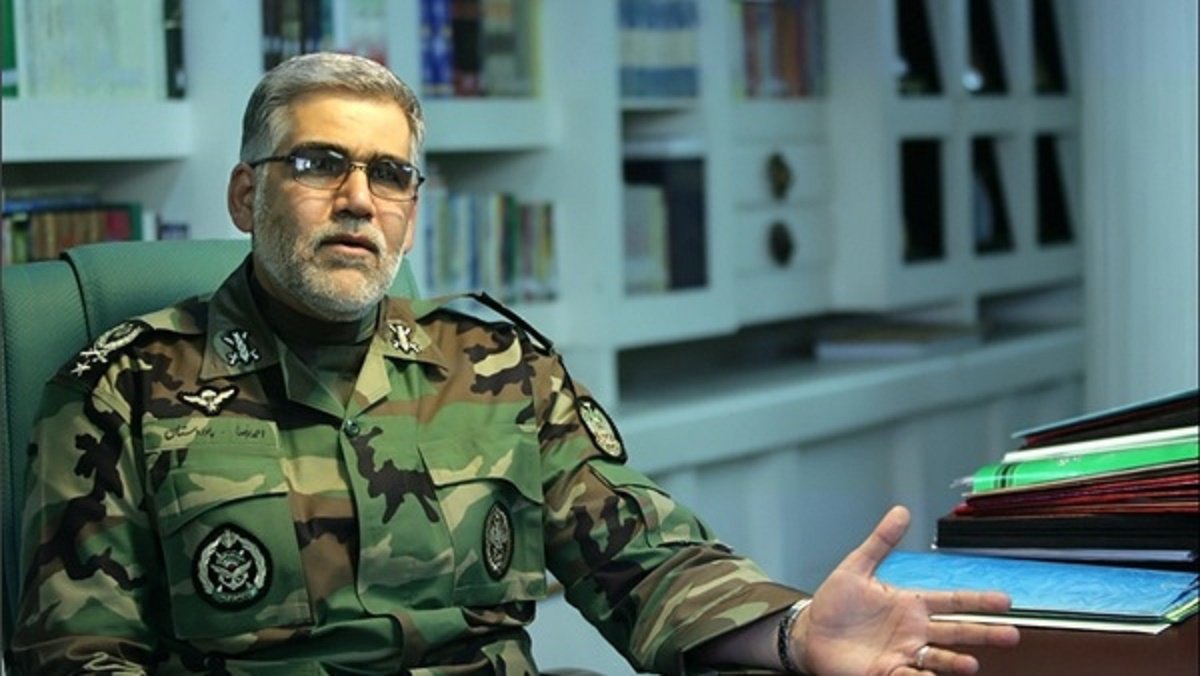
In the ceremonies of the first military installation of the air force in Kermanshah, the Iranian armed forces commander, Ahmed Riza Bordistan said that after 9/11 the world has changed. Unequal and traditional wars have been carried out by America through terrorist groups, but the Iranian armed forces are ready for war with America and to respond to any terrorist threat.
Bordistan also said that the ISIS is about to approach the Iranian borders, but it will be terminated before that. The red line has been drawn for Iran’s enemies outside Iran’s borders, and everybody is aware of the Iranian capabilities in the world and the region.
Fares Agency
